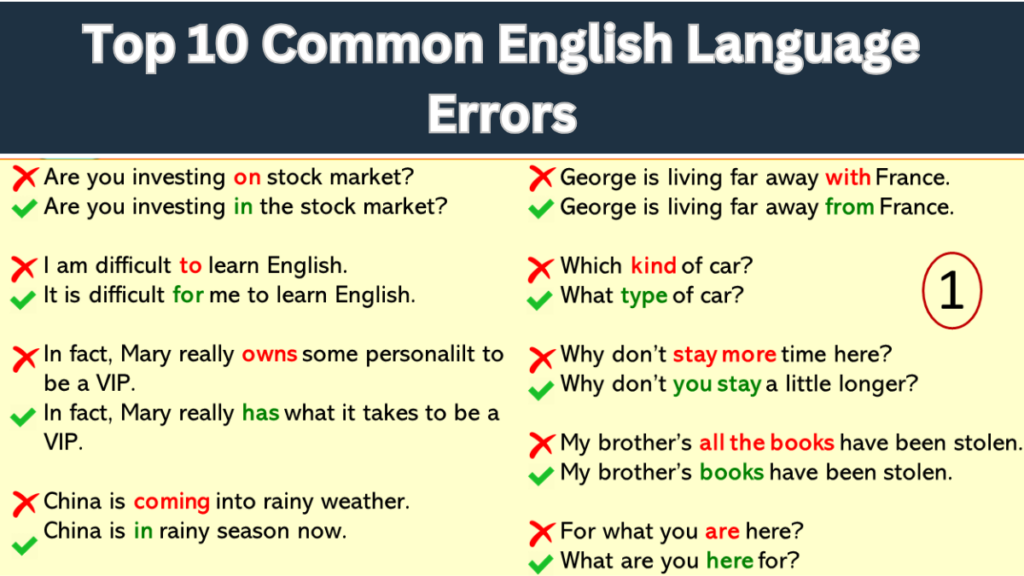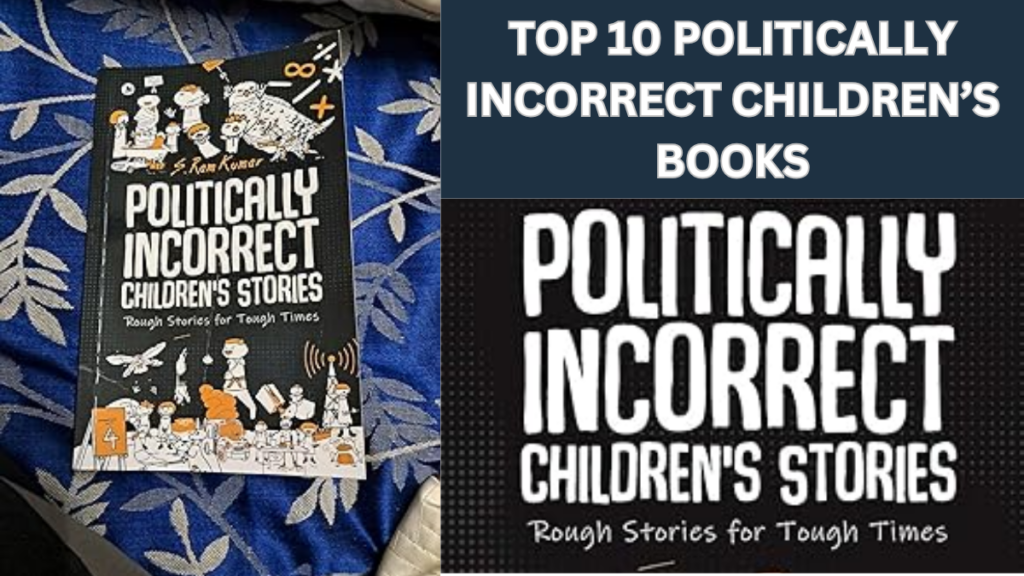TOP 10 SLANG WORDS AND PHRASES EXPLAINED
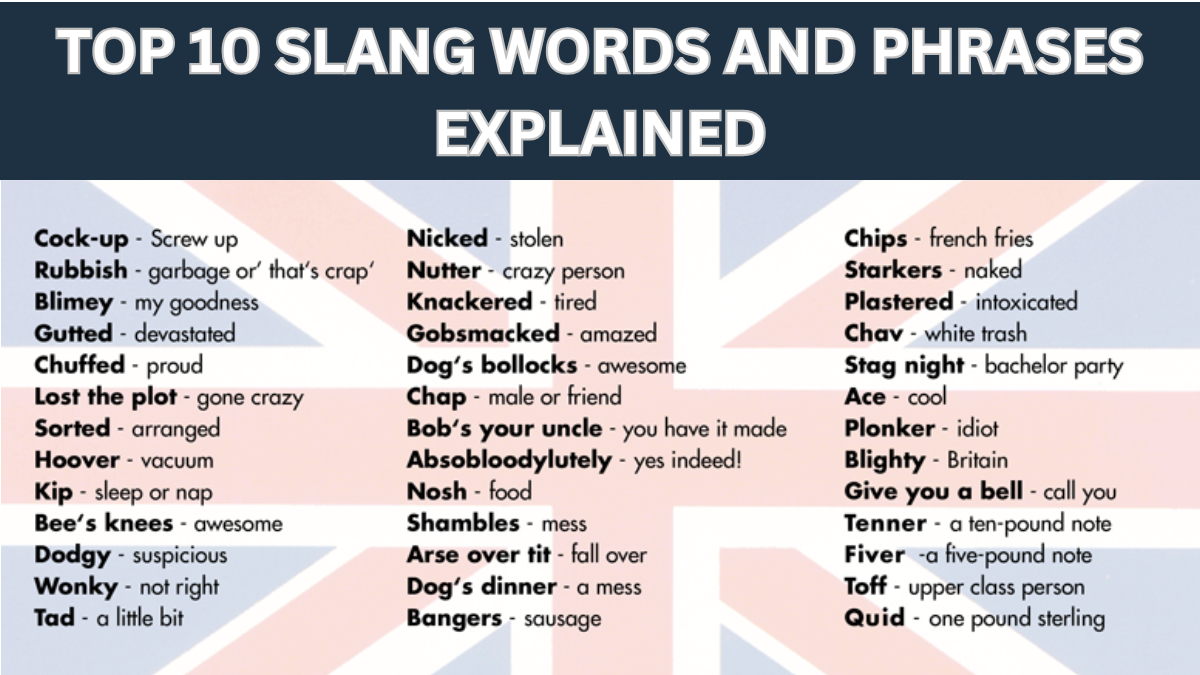
“Explore the fascinating origins and evolution of everyday words and phrases like ‘idiot,’ ‘moron,’ ‘Bob’s your uncle,’ and more. Uncover their historical roots and surprising transformations over time in this engaging linguistic journey.”
Idiot

Idiot originally comes from the Greek word idiotes, referring to a private individual preoccupied with personal matters, avoiding democratic participation. Over time, it evolved to mean someone mentally deficient or incapable of reasoning, as defined by the Oxford English Dictionary.
Moron
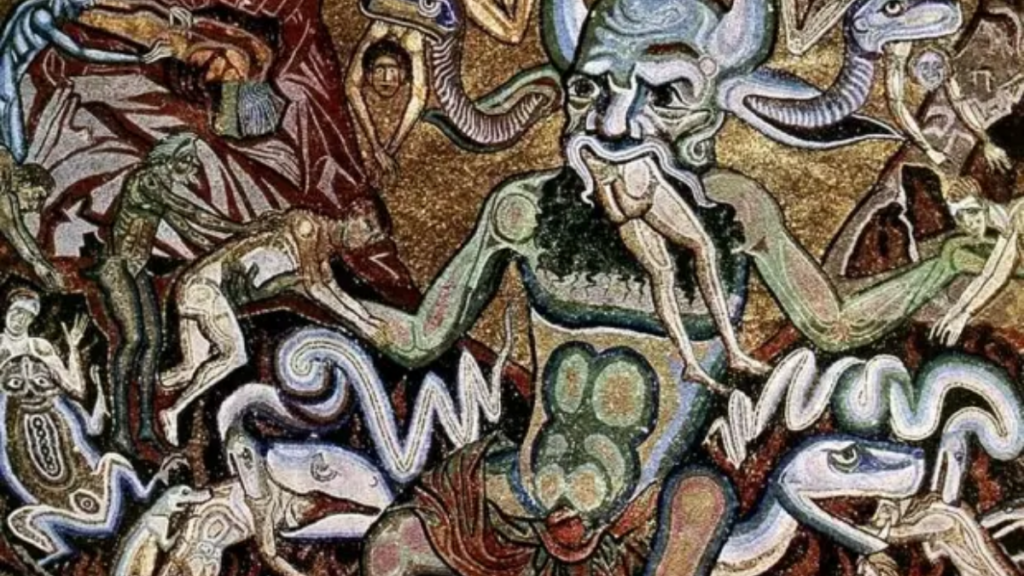
Derived from Greek, moron means foolish or stupid. It was introduced into English by psychologist Henry Goddard to describe adults with a mental age of 8–12. Its use has since faded in scholarly contexts but remains in casual language.
Bob’s Your Uncle
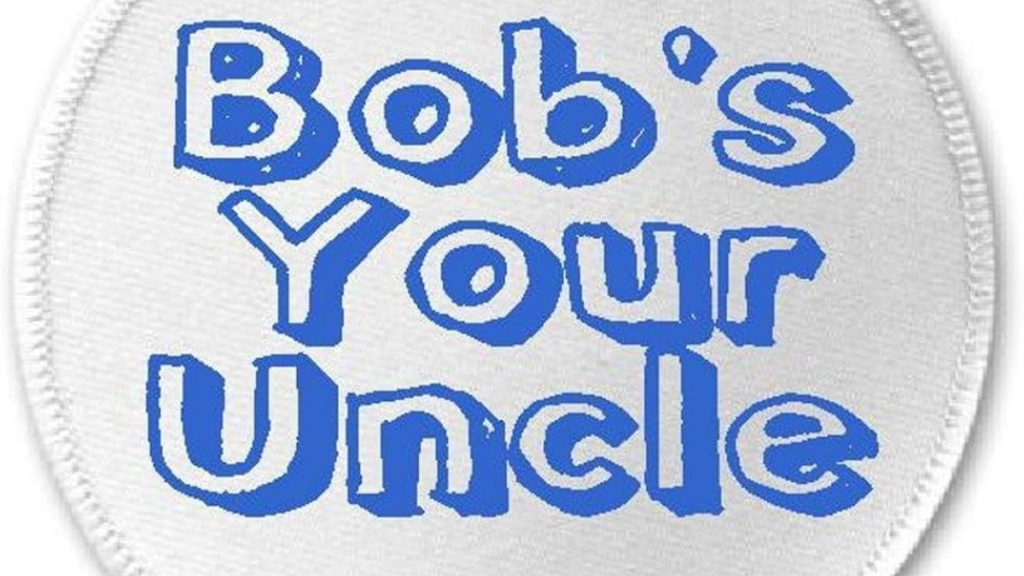
This phrase means something is simple or easy. It originated from nepotism scandals involving Lord Robert Salisbury, a British Prime Minister, and his nephew Arthur, giving rise to the expression as a nod to favoritism.
Third Degree
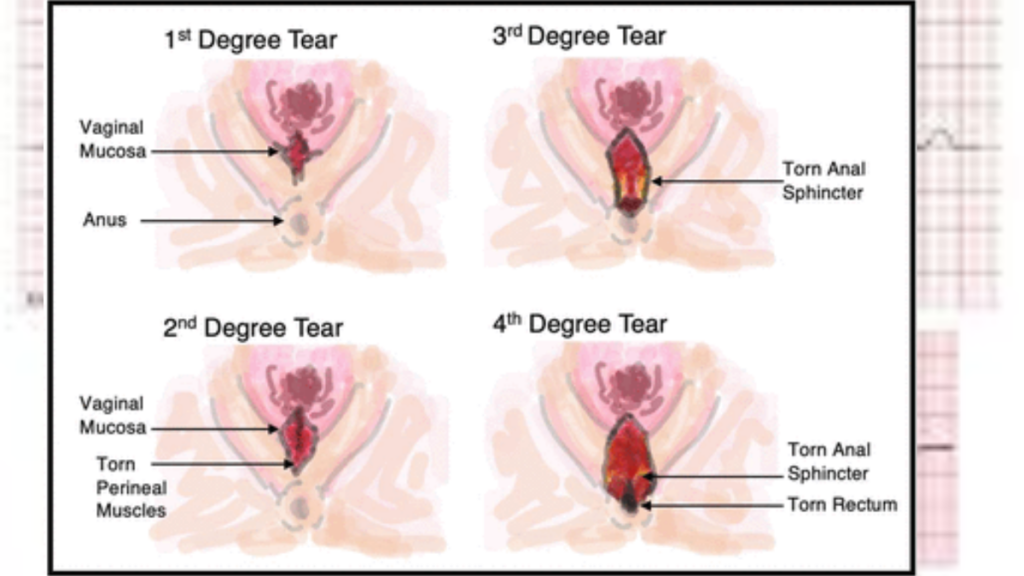
“To get the third degree” refers to intense questioning. The term originates from the idea of extreme levels, used as far back as Shakespeare’s works to denote the highest degree of an experience.
Slut
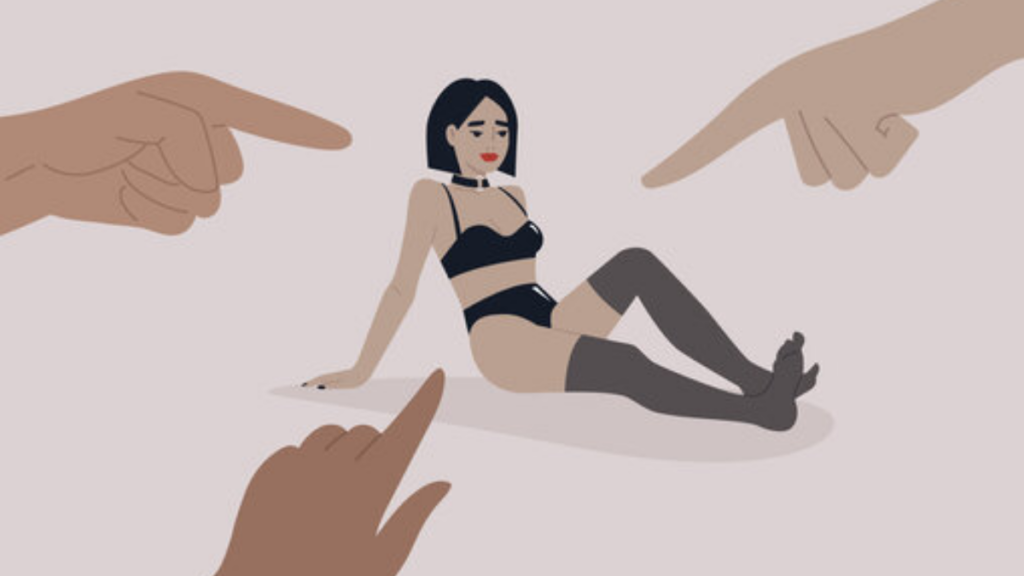
Historically, this term referred to an untidy woman, as seen in early English literature. Its meaning has shifted over centuries to its modern, more negative connotation.
Well Heeled
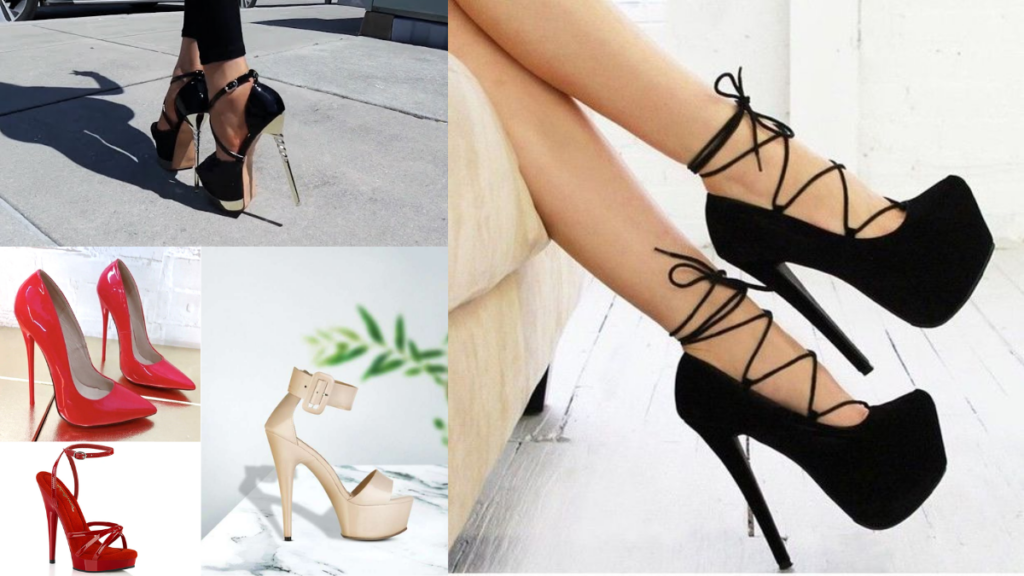
Originally a term related to cockfighting, where spurred birds were called “well-heeled,” it later came to mean someone armed or wealthy. The transition likely reflects the advantage implied in both contexts.
Kick the Bucket
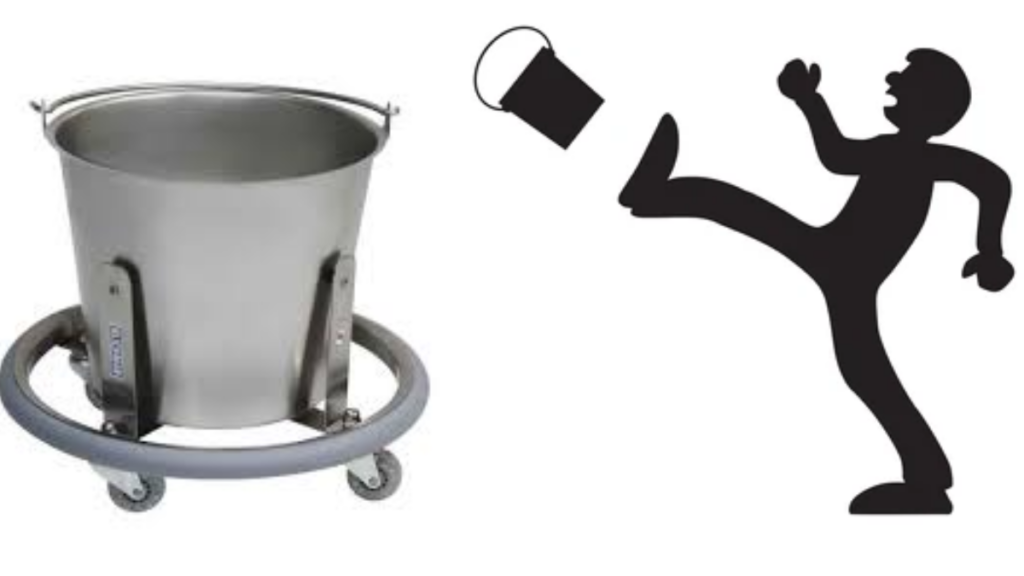
While many believe this term comes from hanging executions, its roots are more likely tied to pig slaughter, where a pig’s final thrashes against a bucket beam inspired the phrase.
Kinky

Initially referring to something twisted or bent, this term later entered criminal slang for illicit activities. Its modern association with unconventional sexual preferences began in the late 1950s.
Underhand

Meaning secretive or sly, the term likely comes from archery. It referred to a shooting technique with the hand below the bow, a subtle and skillful movement.
Cool
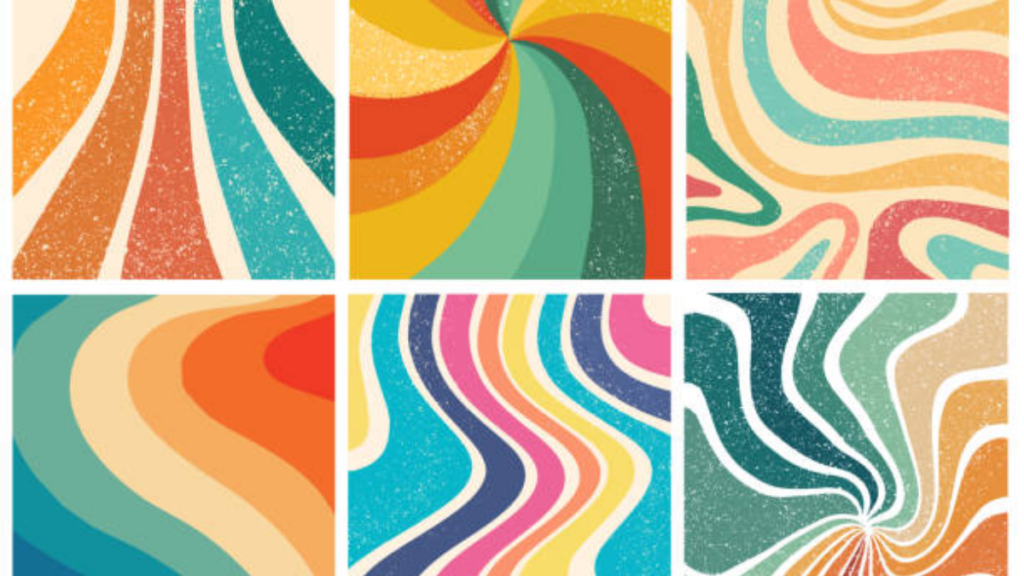
First recorded in 1884 and later in 1902, this term evolved from a casual expression of approval to a staple in modern slang for anything admirable or stylish.

